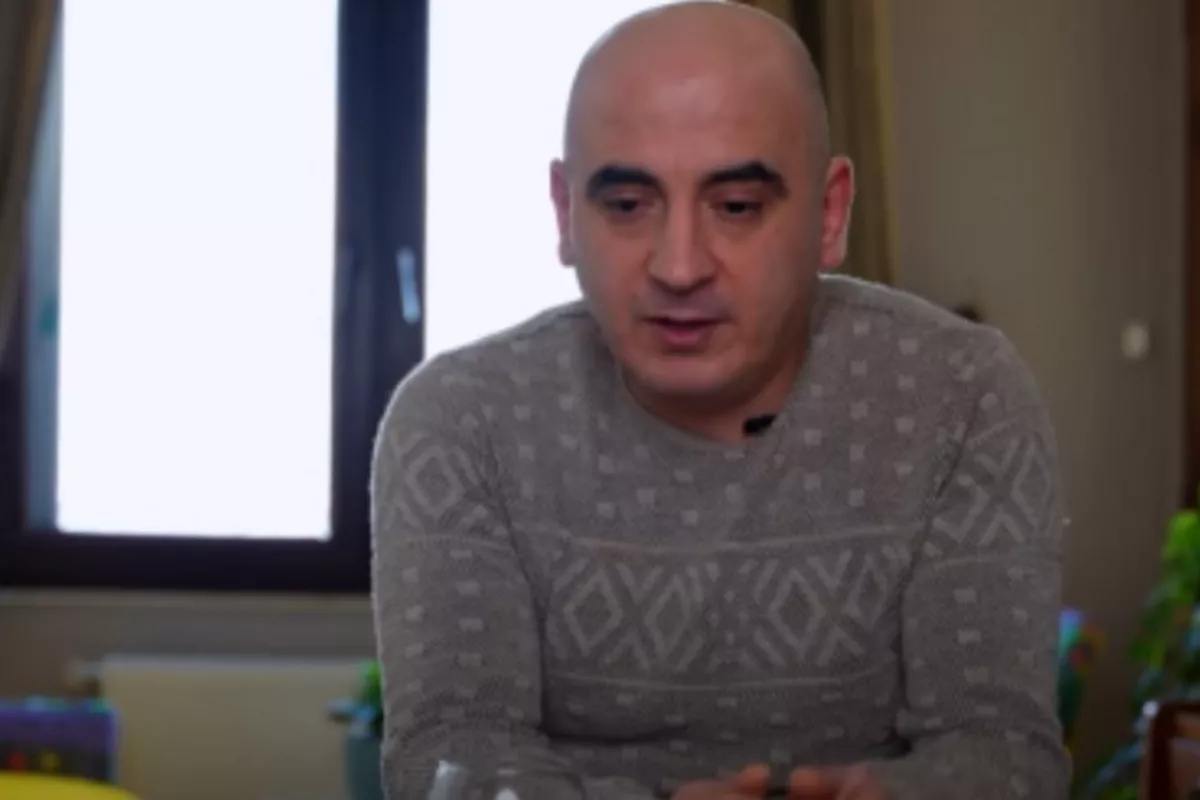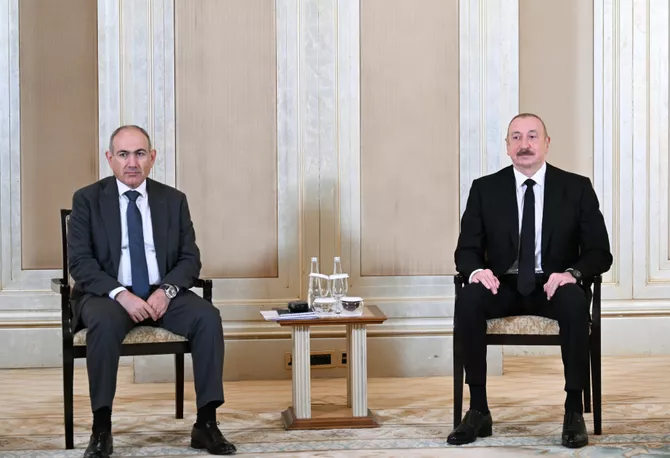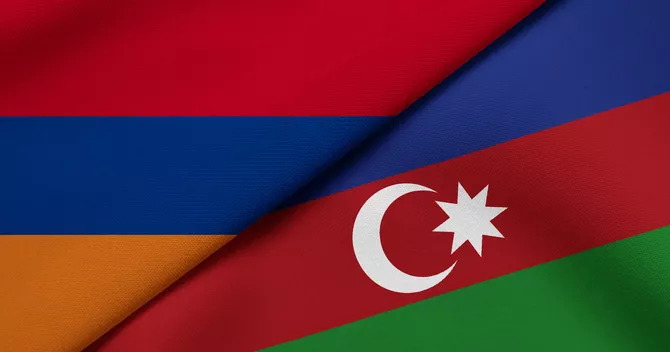
photo: News.Az
In the wake of the recent high-level talks between Azerbaijani President Ilham Aliyev and Armenian Prime Minister Nikol Pashinyan in Abu Dhabi, The Caspian Post spoke with Armenian activist and public figure Ishkhan Verdyan to gain insight into the significance of the meeting and its broader implications. In this interview, Verdyan discusses the potentially breakthrough nature of the negotiations, the evolving political landscape within Armenia, and the societal challenges that continue to hinder the prospect of genuine reconciliation between the two nations.
- How do you assess the recent meeting between Azerbaijani President Ilham Aliyev and Armenian Prime Minister Nikol Pashinyan in Abu Dhabi?
- The negotiations between the leaders of Azerbaijan and Armenia lasted several hours, and I proceed from the idea that when talks are this long, they must be extremely substantive. At present, there are virtually no relations between Armenia and Azerbaijan, which means that practically everything is up for discussion.
Nevertheless, key milestones likely discussed include the opening of communications, the possible provision of energy resources to Armenia in the event of disruptions from Russia, the alignment of approaches toward signing a peace agreement in light of inconsistencies in Armenian legislation, and the initiation of a dialogue on mutual understanding between the peoples.
These are the cornerstone issues without which a genuine, comprehensive, and lasting peace is impossible. While it's too early to make a definitive assessment of the meeting, it can be said with high confidence that it was a breakthrough-and thus may lead to potentially groundbreaking consequences.

Photo: AZERTAC
- What are your predictions for the internal political situation in Armenia following this meeting?
- Armenian society as a whole reacted positively to the meeting. There was no widespread negativity, apart from the predictable response from a narrow circle of radicals-namely Dashnaks and revanchists-who inherently oppose any of Nikol Pashinyan’s initiatives. This creates the impression that the people have effectively given the Prime Minister a carte blanche to implement the peace agenda and expect concrete results from him.
At the same time, Pashinyan himself is carrying out a large-scale purge of the political field, legally prosecuting notorious figures from the Karabakh and affiliated clans-individuals who were recently considered untouchable in Armenia. I believe the logical conclusion of this process will be the banning of the Dashnaktsutyun party. This would mark the symbolic end of the era of institutionalized Turkophobia in Armenia. The road ahead will not be easy, but if Pashinyan truly sees Armenia’s future in peaceful coexistence with Azerbaijan, he will have to follow this path to the end.
- In your view, is Armenian society ready for peace with Azerbaijan?
- No, Armenian society is not even close to being ready for genuine interaction with Azerbaijanis. This is evident not only in day-to-day attitudes but also in strategic proposals: the idea of delegating control over newly opened communications, including the Zangezur Corridor, to third parties-such as an American logistics company-is being seriously considered. All this just to avoid direct dealings with Azerbaijanis.
This clearly indicates a serious problem of Azerbaijani-phobia, which remains unresolved. And it cannot be simply ignored: if Armenia is genuinely interested in preserving its sovereignty and not handing over control of strategic routes to third parties, it must seriously address the need to shift public sentiment. So far, not a single step has been taken in that direction.

photo: Daily Sabah
- One of the most intriguing developments in the peace process is the information that Armenia is considering handing over control of the Zangezur Corridor to a private U.S. logistics company. What can you say about this?
- If this decision is indeed being discussed, it speaks volumes: Armenia’s elites fear dialogue with Azerbaijan so much that they would rather transfer control of a vital transport route to a third country just to avoid direct contact. On the one hand, this reflects the depth of distrust and internal psychological barriers; on the other, it highlights the risk of losing state agency.
If critical infrastructure is placed under the control of an external player-even temporarily-this can no longer be considered full sovereignty. Sooner or later, the Armenian leadership will have to make a mature decision: either it continues down the path of alienation and delegation, or it begins working toward restoring direct dialogue, normalizing the image of the “other” within society, and moving toward real peace-without intermediaries.
By Asif Aydinly
Share on social media